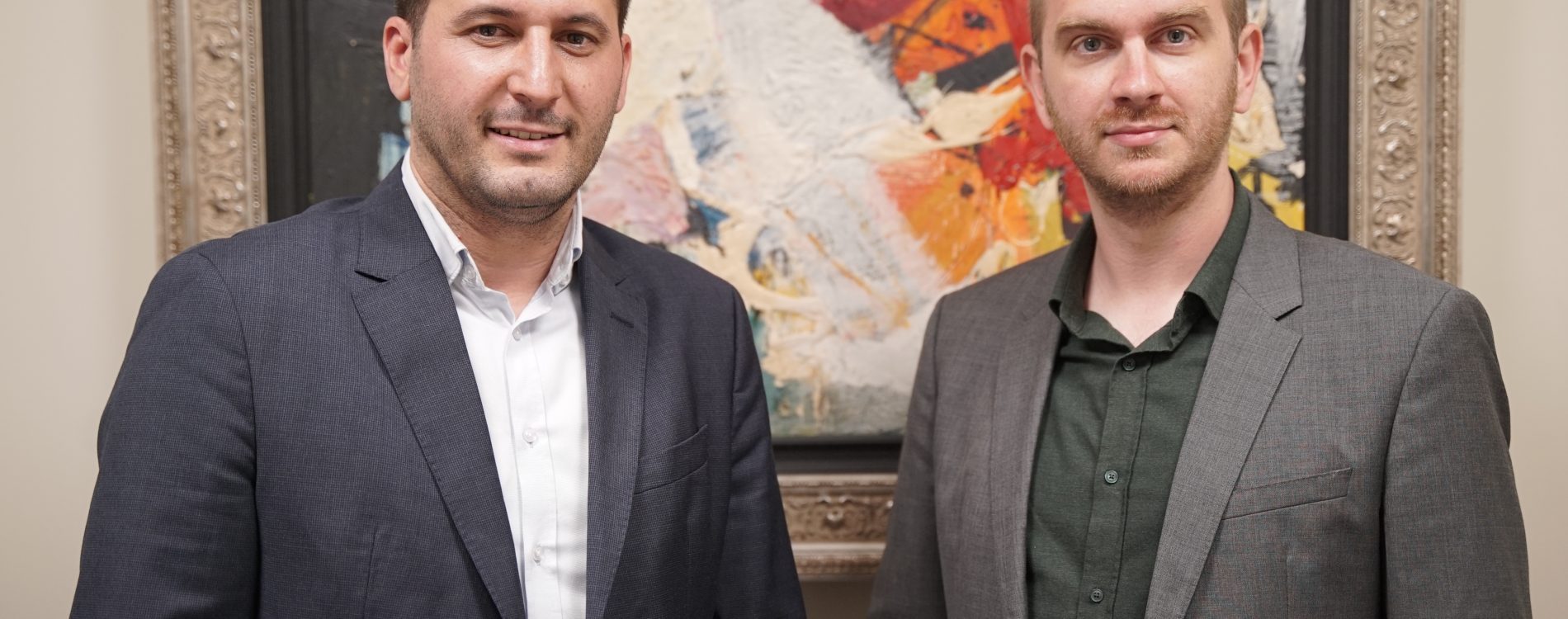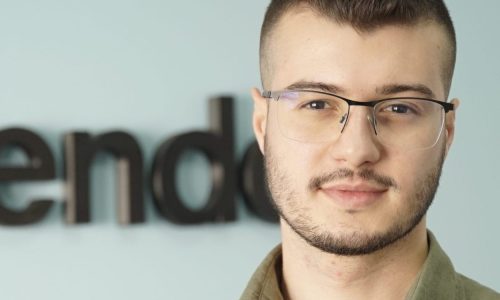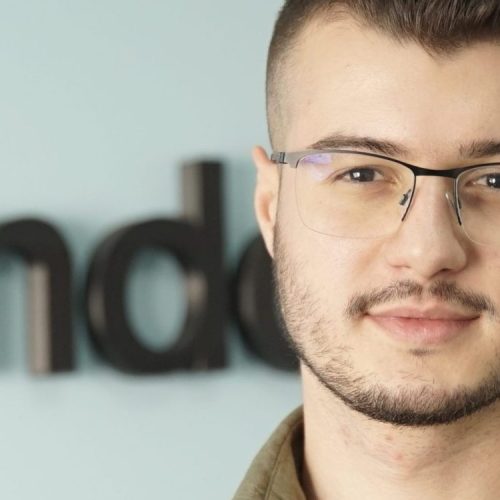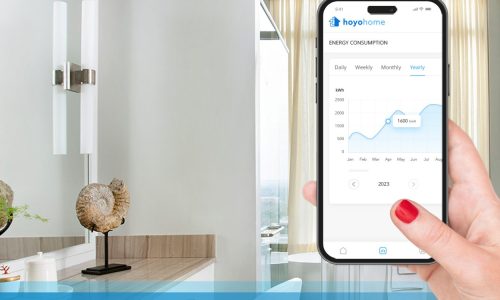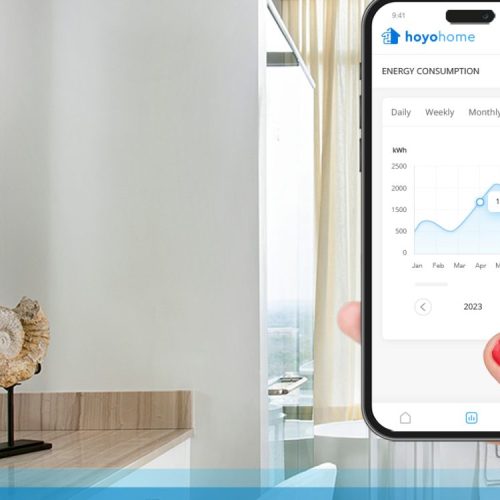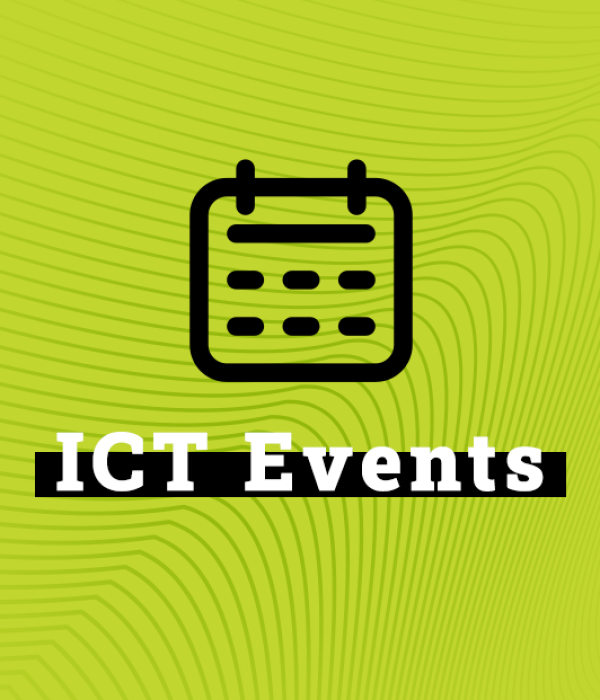.mk Startup of the Month [April, 2024]:
What is Hoyo Tech?
Hoyo Tech is a company that works to create a complete software ecosystem for any IoT solution, acting as a single PoC service provider.The love for cigars was the reason for the initial meeting, whereas the love for IoT (Internet of Things) turned out to be the reason for creating a successful business together – this is how Dashmir Istrefi and Dimitar Stojkoski, co-founders of Hoyo Tech, describe the beginnings of their startup.
What also connects Dashmir and Dimitar is their hometown Struga, the same city where the headquarters of Hoyo Tech are located. Initially, both of them were working together in another company; Dimitar as an iOs developer and cybersecurity expert, while Dashmir was a project manager.

They stayed in touch after leaving that company, and shortly after that, they found themselves talking to a potential client. Additionally, they slowly started shaping the idea for their new company.
“One of the clients highlighted the need for IoT and smart home. This was something new for us as well. Since I was doing software development and Dashmir was doing project management in IT, we were not quite familiar with the whole concept. So, we sat down and started researching what currently exists on the market, after which we were able to understand how the IoT sector works,” recalls Dimitar.
As he puts it, although the sector is quite open-ended, there is still a huge array of products – something that is quite difficult to navigate. However, what they could do at that moment, is to start assembling something that will resemble the “smart system”, and the later turn it into their main product.

“We started by ordering different IoT devices and managed to make a demo for the smart system. At that moment, we didn’t have a product, but only an idea and know-how skills to create something that’s worthy of the concept,” explains Dimitar.
Successful demo and validation of the smart system idea
The whole process, from research to demo, took a month. In addition to having a satisfied customer, we were able to validate the idea that such a smart system could really make a difference in the industry. They had two years to fully develop the system, which, at that time, seemed like more than enough.
“The first prototype allowed us to use a mobile application to control the intercom, light bulbs and numerous switches. The whole process took us a month – from the beginning of the research to the substantial demo. Most importantly, it proved to us that the product works and that the idea is viable. When we went to the meeting and presented it to the client, we knew that we would need two years for the practical implementation, and decided then and there that it was the right moment to open our company,” says Dimitar.
In the period that followed, they open their doors to several more clients. Soon after that FITR came into play, as they managed to get a grant of 30 thousand euros. It was during 2018 that Hoyo Tech began building its brand.
“As soon as we received the grant, the company started hiring and purchasing equipment. In order to build a smart system, we needed IoT devices that we could experiment with. Those were our first challenges. Software development posed no problems since I was quite versed in that area. Aside from that, however, we had to solve concepts of how the system would work, whether it will be on the cloud and so on. We are thinking about how to make it easier for customers – how to simplify things. For example, instead of five different applications, how to have everything in one go-to app,” says Dimitar.
On the other hand, what is quite important in that period is the very positioning of the company. That was Dashmir’s field of expertise.

“When we made the initial plans, it was of key importance to properly position ourselves, that is, to focus on B2B deals where we would target large investors who would build larger facilities. At the same time, it was important for us not to waste too many resources. Any deviation from this, such as working on a smaller scale project, would mean spending the same number of resources, but having a less ambitious realization. To this day, we’re still guided by this creed. The expansion of potential new markets would be done in the same way,” explains Dashmir, adding that although this approach brings a smaller number of users, the scaling is much greater.
A centralized hub for all things IoT
Today, the company has a team of about 50 professionals, with offices in Struga and Skopje. The product called Hoyo Home, on the other hand, is not just an aggregator, but it is a complete product, or as Dimitar explains, “a centralized hub for all IoT things” that a user needs.
“We came to this through experimentation, i.e. the moment the display is a server, and the video intercom, etc. The display does the communication with all the devices. The frontend is Angular, the backend is Java and Python,” he says.
Currently, this solution is implemented in the East Gate complex, where more than 660 apartments have the option to use the solution. Additionally, any user can also change or modify the system.

The plans for the future, on the other hand, include many other integrations, Dashmir explains.
“It is not only the smart home part, but the expansion of solar integration, electric chargers, energy efficiency, automation, etc. Depending on which market we will go to, we are yet to decide whether we will go with a complete or partial solution” he adds.
For Dimitar, the ideal solution is the one that will be able to solve the basic needs of the users. Afterwards, each such “smart home” will learn and make decisions independently.
“At this moment, we were thinking about several ideal solutions. One of them is combining solar energy with electric chargers and vehicles, with home consumption, cooling and heating. The point is to solve the basic needs that everyone has and to optimize them in the best way possible. We have the automation, so now the goal is for the home itself to decide how to spend energy more efficiently, based on the day and the needs of the customers. In a nutshell, the system should learn about the individual apartment or house on its own and respond adequately” he says.
Is it possible for a smart home to be really smart? Can we put our trust into it? According to Dimitar, this technology has no borders, but what can hold it back is the different regulation in different countries.
“From a technical point of view, it is possible to make off the grid efficiency. There are countries where it can be done, but that’s not the case everywhere. There is also the example of solar energy; some countries have strict regulation and they don’t allow such a solution to be made. The use depends on the suppliers of electricity and the conditions that need to be met,” emphasizes Dimitar.
Increasing energy efficiency through smart systems
One of the main goals of all those companies that are in the IoT sector is to succeed in increasing energy efficiency, and this motivation is also one of the main drivers of Hoyo Tech’s development.

“The solutions that will follow will be based on people’s perception of our products. Everyone is aiming for energy efficiency and looking for justifications for using more efficient systems,” the two explain.
Will the new projects prove to be as successful as Hoyo Home? According to Dashmir, it always depends on several factors.
“There are certain projects that you plan and prepare for, but you have to shut them down simply because you’re stretched far too thing, can’t be everywhere at the same time and you can’t finish them on time – it could be that due to budgetary limitations the client is unable to move the project to the next stage. Some products are made out of passion for technology, but it does not mean that the product is validated for the market. Having products and projects in the R&D phase, does not mean that we will have guaranteed success with them,” says Dashmir, with a dose of caution that seems to come from their previous experiences.
“We had a similar project with vending machines, IoT equipment that will read data to predict which device needs maintenance, when it needs to be emptied or filled with raw materials, etc. Although we were able to make a prototype, it didn’t hit the market, so it remained unfinished,” he adds.

When in a situation like this, startups should prioritize their projects and focus on, as he puts it, “on something that’s not just nice to have, but is also really useful.”
According to him, a successful project is any project where the client is satisfied with the end result – regardless of whether it is on time or within the budget.
Presence in global markets and positioning of the Hoyo brand
What is the future of Hoyo Tech? Both Dashmir and Dimitar agree that they want Hoyo Home to be available everywhere around the globe, as a recognized brand.
“If we have unlimited resources, it will be a huge company that will be present everywhere in Europe. The future is that all home appliances will be connected and it will be possible for users to communicate with each of them,” says Dimitar.
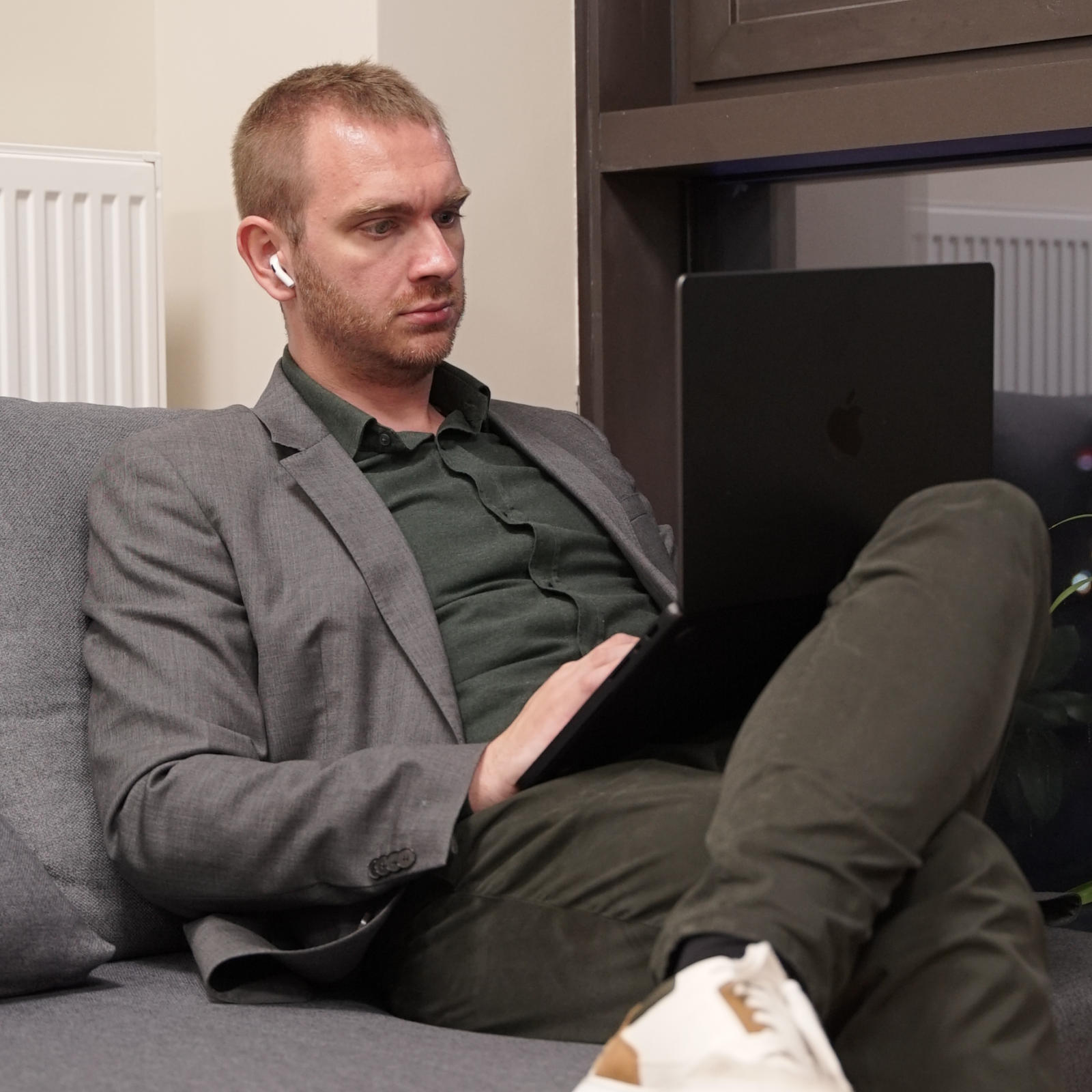
Can something like this be achieved in Macedonia – both of them agree that it can.
“In Macedonia, as well as the rest of the region, running a business and expanding upon it is quite different. This is what makes the whole process more fun. Also, if you succeed in a small country like Macedonia, then you know that you will be able to persevere and succeed on a global scale. We have tried working on smaller projects in the countries of Western Europe and we have seen that we can deal with those risks and challenges,” says Dashmir.
According to Dimitar, Macedonia has an abundance of talented developers and IT professionals. What’s important is how the vision will be realized for every ambitious enough IT company.
“Good organization will get great results. A large part of Macedonian developers work for foreign companies and achieve phenomenal results ,” he adds.
Their advice for all those who want to follow their entrepreneurial footsteps is quite simple – patience and work.
“Focus on the idea of the product, stick to it and gradually work towards that goal – don’t think that you will achieve success overnight. Be patient and be prepared to walk a long road. It’s a process.” says Dashmir.
“When entering any industry, it is important to know the competition, to research the things that are on offer, to figure out the innovative things that stand out and to have a concrete plan for its realization. Don’t skip the steps – start from the beginning and dedicate yourself to realizing the complete idea. To know when a compromise is reached, but also to know when there can be no compromise – everyone should go through this process individually,” concludes Dimitar.
